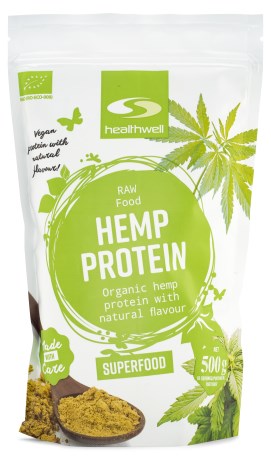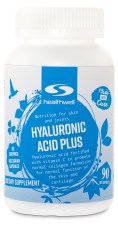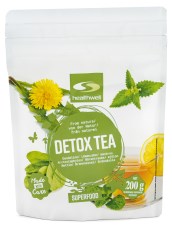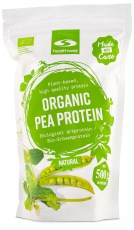
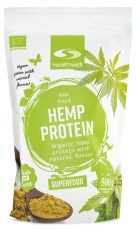
Organic Hemp Protein
- Natural taste
- Rich in fiber & omega-3
- Product description
- Nutritional content
Natural protein with amazing properties
Hemp Protein ECO contains hemp organically certified according to EU regulations. The protein is extracted from hemp seeds by gentle processes that utilise the nutrients. Hemp protein is a natural and vegetable-based source of protein, dietary fibres, and essential fatty acids. Hemp Protein ECO is completely pure with no additives and has a neutral flavour, making it perfect for use in cooking and baking as a daily source of protein and nutrition.
- 100% hemp protein with no additives
- Organically certified
- Natural flavour
- Rich in protein, fibres, and omega fatty acids
Rich in important nutrients
Hemp protein isn’t just rich in protein, but also a rich source of several important nutrients, such as the minerals iron, zinc and magnesium and several important B-vitamins. Iron plays a central role in blood formation and contributes to reduced fatigue. Magnesium contributes to normal neuromuscular functions in the body and zinc is an antioxidant needed for a normal immune system. The rich nutritional content and properties of hemp protein make it an excellent source of protein and nutrition for active people, vegetarians, lactose intolerant or for those who just want a natural protein powder.
How is Hemp Protein used?
Hemp protein is gentle on sensitive stomachs and is suitable for most people who want a natural and vegetable protein. It is free from gluten and lactose. The protein is excellent to just mix with water for a quick protein drink, but to give it more flavour, you can also make a tasty smoothie by, for example, mixing it with fruit, berries or juice.
What does it mean when we say the product is EU-organic?
In organic food production, biodiversity, the conservation of natural resources, environmental practices and strict animal welfare are observed (1). In order for a product to be labeled as EU-organic, the label used within the EU, a product must meet strict conditions that apply to the entire production chain. The product must contain at least 95% organic ingredients, and in addition, the other 5% must meet other strict conditions (1).
In organic crop production, it is important to promote soil fertility and to allow for perennial crop rotation and a cycle of organic material. Therefore, fertilizers, compost and plant protection products should only be used if they comply with the principles and objectives of organic production. In general, the EU requires that an organic food must be produced without synthetically produced chemical pesticides and without artificial fertilizers. In organic production, genetic engineering is also prohibited. In addition, production should primarily rely on renewable resources (2).
references:
1 & 2. EG. 2007. Rådets förordning (EG) nr 834/2007 om ekologisk produktion och märkning av ekologiska produkter och om upphävande av förordning (EEG) nr 2092/91. (Retrieved 2021-09-24)



